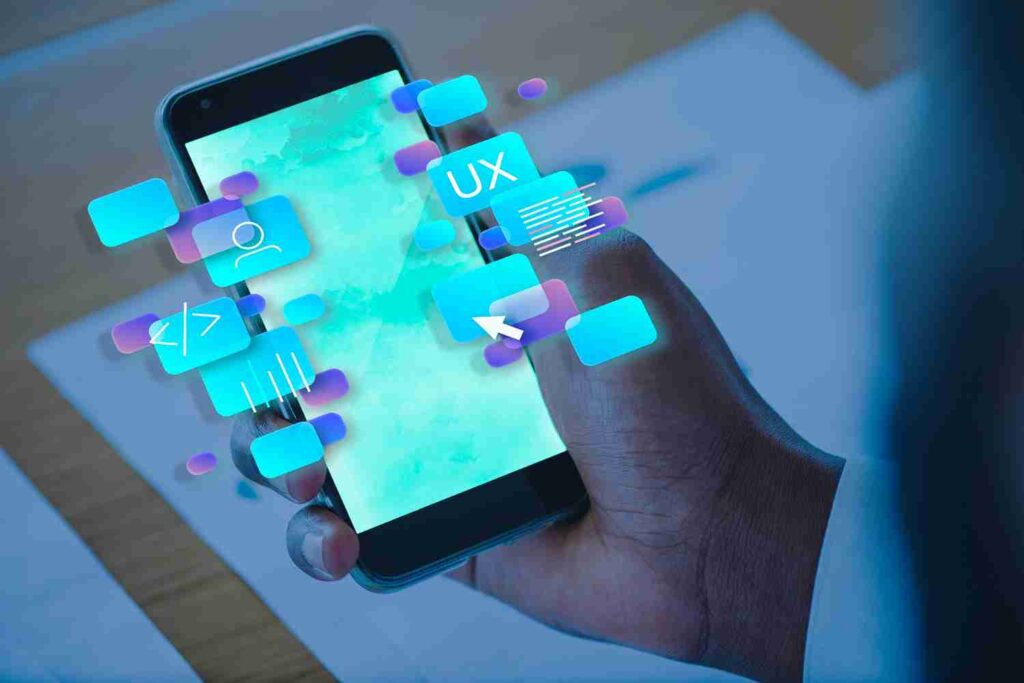IOS Technology
IT Chimes excels in app design and development for mobile phones, wearables, tablets, TVs and other internet connected devices throughout iOS, tvOS and watchOS platforms. The designers at IT Chimes strives towards developing beautiful and creative iPhone and iPad apps which lays it focus on the experience of the user’s, code based performance and the functional design of the App.
The company excels in a wide range of domains and mobile use cases which includes:
- Location based services
- Augmented Reality
- Big Data Mobile Gaming
- Social Networking
- Media and content Delivery
- Enterprise Productivity

Frequently Asked Questions
iOS apps are primarily developed using Swift and Objective-C. Swift is a modern, fast, and powerful programming language introduced by Apple in 2014, which has become the preferred language for iOS development. Objective-C, an older language, is still used in some legacy codebases.
The primary tool for iOS app development is Xcode, Apple’s integrated development environment (IDE). Xcode provides all the necessary tools to design, develop, test, and publish iOS applications. Other important tools include Interface Builder (for UI design) and the iOS Simulator (for testing).
iOS apps can be distributed through the Apple App Store, where they are available to millions of users worldwide. Developers need to enroll in the Apple Developer Program, which allows them to submit apps to the App Store. Alternatively, apps can be distributed privately via Apple’s Enterprise Program or using Ad Hoc distribution for testing purposes.
The Apple Developer Program is a membership program that gives developers access to beta software, advanced app capabilities, extensive beta testing tools, and the ability to distribute apps on the App Store. Membership is required to publish apps on the App Store and costs $99 per year.
The Human Interface Guidelines (HIG) are a set of design principles and best practices provided by Apple to help developers create intuitive and user-friendly interfaces for iOS apps. The HIG covers everything from layout and typography to navigation and user interactions.
iOS includes multiple layers of security to protect user data. This includes hardware-based security features like the Secure Enclave, encryption for data at rest and in transit, sandboxing of apps, App Store review processes, and regular security updates. Additionally, users have control over app permissions and privacy settings.
No, iOS apps cannot run on Android devices. iOS apps are designed specifically for the iOS operating system and Apple hardware. To make an app available on Android, it needs to be developed separately using Android-compatible tools and languages, such as Java or Kotlin.
Before an app is published on the App Store, it goes through a review process by Apple. The review ensures that the app complies with Apple’s guidelines, functions as intended, and does not contain inappropriate content. The process can take anywhere from a few hours to several days.
